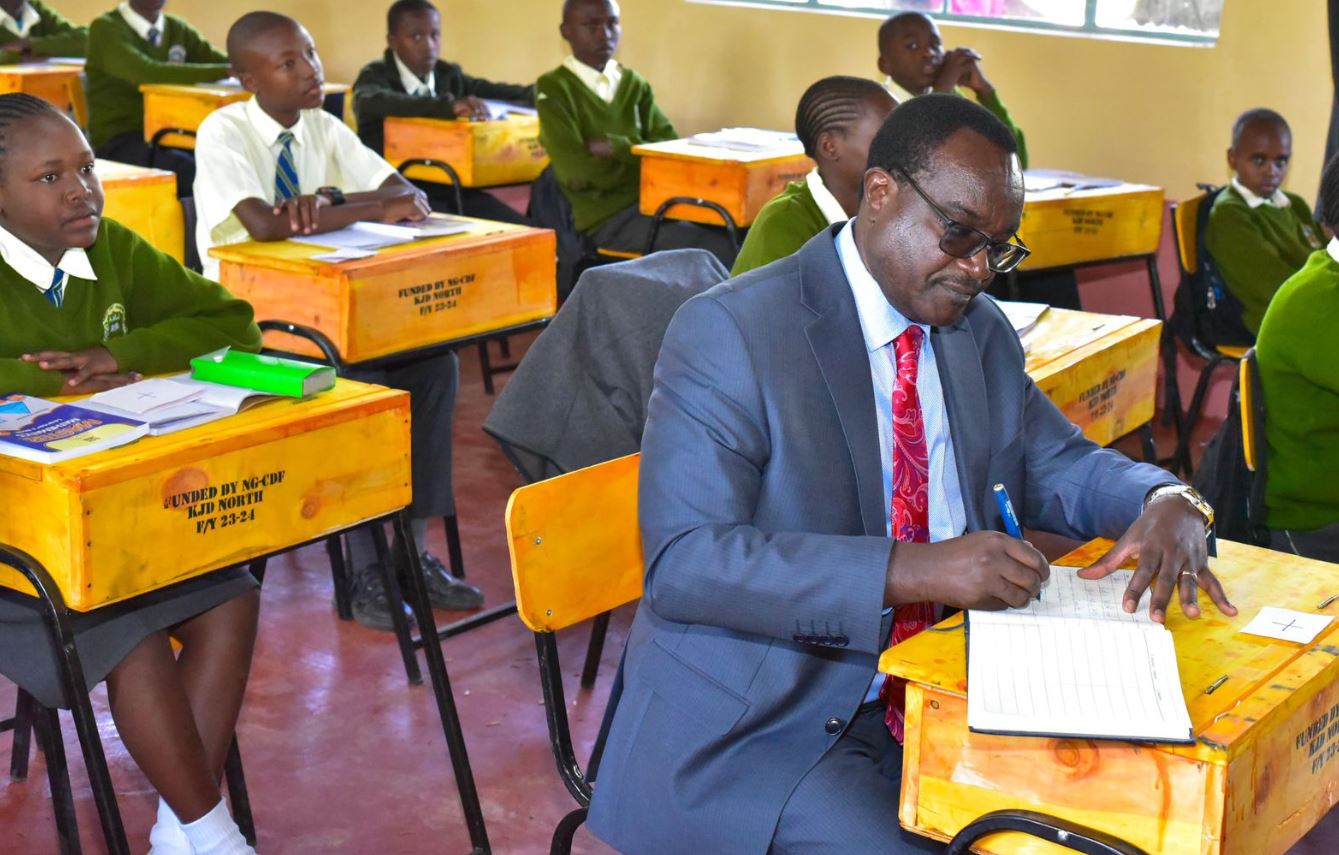 The Kenya National Examination Council (KNEC) is urging Kenyans to stay cautious after uncovering fraud schemes targeting parents, students, and schools in the wake of the recent Kenya Primary School Education Assessment (KPSEA) results release.
The Kenya National Examination Council (KNEC) is urging Kenyans to stay cautious after uncovering fraud schemes targeting parents, students, and schools in the wake of the recent Kenya Primary School Education Assessment (KPSEA) results release.
In a statement on January 8, KNEC highlighted cases of scam Telegram accounts run by con artists making bold but false claims.
These individuals promised they could tamper with KPSEA and Kenya Certificate of Secondary Education (KCSE) results – for a price. Parents and students were told to pay up quickly to get their grades “improved,” with scammers warning that delays would leave the results unchanged.
KNEC has firmly stated that altering examination results is impossible outside their secure systems. “There is no authorized individual or entity capable of changing scores for any candidate,” the council made clear.
These scams have been amplified by social media, creating an even larger pool of unsuspecting victims. KNEC isn’t mincing words in its plea: Kenyans must remain vigilant, trust only official sources, and steer clear of anyone making such fraudulent claims.
The scam has further spread because of the delayed results, and increasing but unsubstantiated rumors of mismanagement of the exam marking process.
Accessing the official KPSEA results doesn’t require shady back channels or questionable offers. As of January 7, schools have been able to download detailed learner performance reports from the Competency-Based Assessment (CBA) portal.
If you’re a parent or student seeking results, KNEC recommends reaching out to the school through which the exams were registered.
The council has simplified results retrieval, ensuring that legitimate pathways are clear and accessible. They’ve congratulated all 2024 KPSEA candidates and reminded schools to visit the official portal at http://cba.knec.ac.ke.
If you’re hitting a roadblock with accessing your results, don’t panic—lean on your school for support. This system is designed to keep things secure and streamlined for everyone involved.
While KPSEA results have recently dominated discussions, the delay with KCSE results has added anxiety to an already tense period. It’s not uncommon for families, schools, and students to grow restless as the silence stretches on.
While KNEC has yet to share a precise timeline for the release of the secondary school results, the PS Education suggested that January 13 may be the day.
The heightened interest around these periods of major examination announcements is exactly what scammers aim to exploit.
Fraud surrounding high-stakes exams is not a new problem, but it’s one that seems to escalate with every major results season. Cybercriminals prey on the pressure and eagerness of candidates and their families, offering false promises at a steep cost.
Unfortunately, this phenomenon doesn’t just undermine trust in the education system, it also takes advantage of already-stretched emotional and financial resources.
So how can you avoid these rather obvious scams?
- Verify any claims through official communication channels.
- Avoid shortcuts or paying for unauthorized services.
- Educate children and families about these risks.








